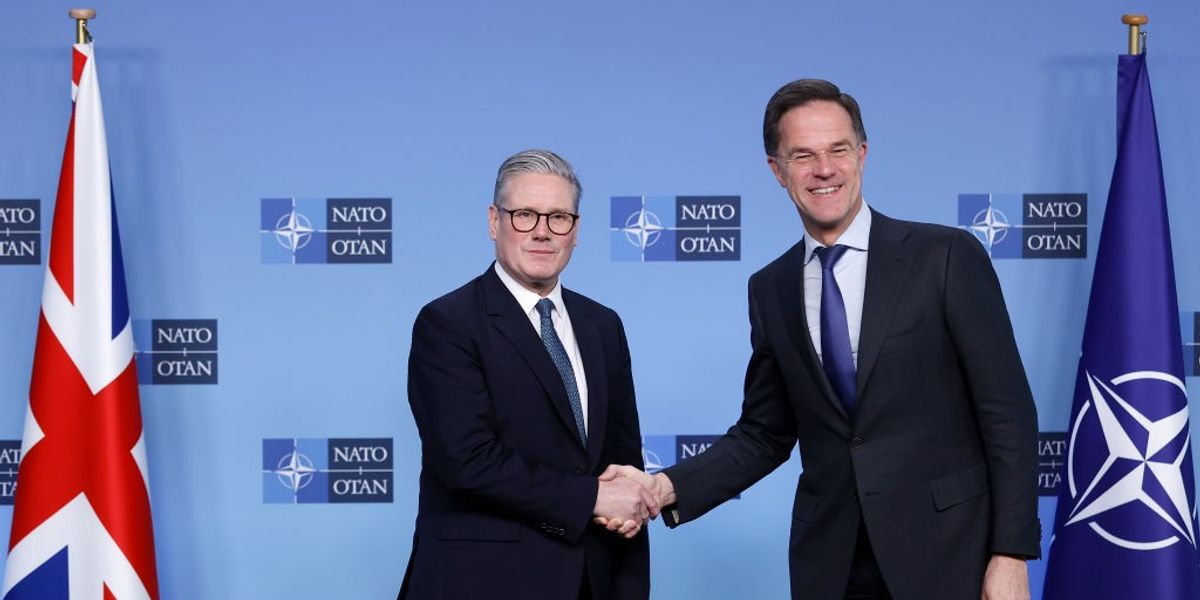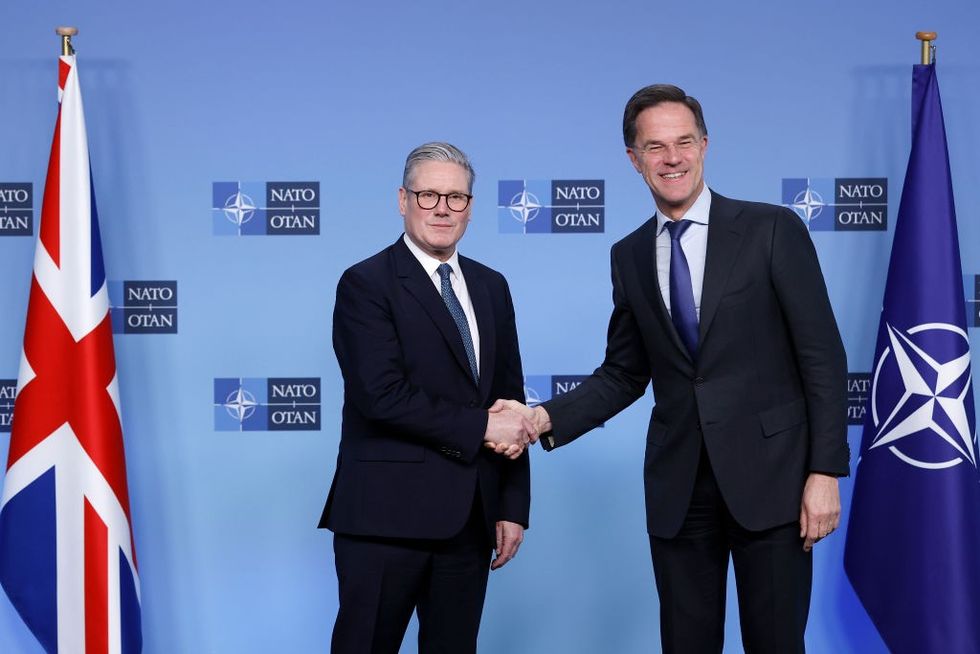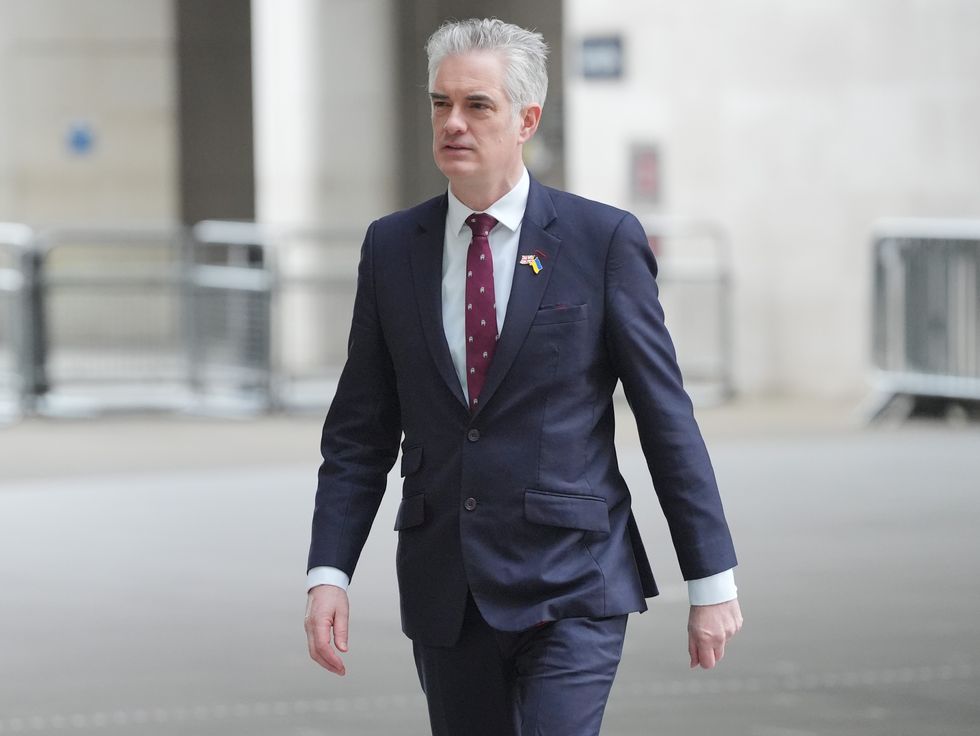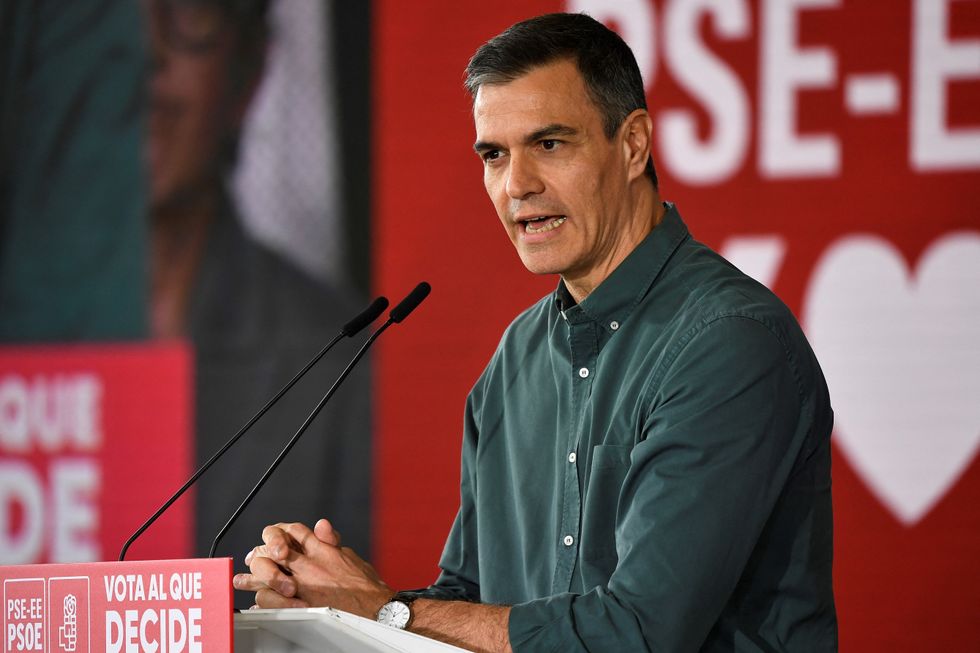



Sir Keir Starmer is set to commit to spending five per cent of British GDP on defence by 2035, but there is currently no plan to fund it.
Labour's pledge aligns with Nato’s new spending targets, but comes at a slower pace than key allies, including Poland.
Under the pledge, 3.5 per cent will be put towards hard defence, such as troops and weapons, with the remainder being spent on wider security, such as border protection and cyber defences.
However, a Downing Street spokesman declined to say how the full 3.5 per cent core defence uplift would be funded by 2035, saying only that it would be "reviewed" in 2029.

Sir Keir Starmer with Nato Secretary General Mark Rutte
GETTY
According to the spokesman, the Prime Minister is set to travel to The Hague later today "against a backdrop of global volatility" citing Israeli and US strikes on Iran, the continued war in Ukraine and Russia’s intensifying aggression.
Starmer said: "This is an opportunity to deepen our commitment to Nato and drive greater investment in the nation’s wider security and resilience.
"After all, economic security is national security, and through this strategy we will bring the whole of society with us."
His announcement comes after weeks of diplomatic pressure from Nato allies and military chiefs amid global conflicts.

Shadow defence secretary James Cartlidge
PAShadow Defence Secretary James Cartlidge told The Sun: "Instead of using smoke and mirrors to inflate defence spending, Labour must get to three per cent this Parliament and back our country’s defence with a fully funded plan."
Reform UK’s deputy leader Richard Tice added: "Increased defence spending is always welcome, but this is a hollow and unfunded promise made by a government more interested in securing headlines than delivering."
Deputy director general at the Royal United Services Institute (Rusi) Professor Malcolm Chalmer, has said meeting 3.5 per cent by 2035 would cost £40billion more annually than if it stayed at 2.5 per cent in the same year.
Labour has currently only set out how it plans to spend 2.6 per cent on defence by April 2027, mainly by taking money away from the aid budget.
 Spanish Prime Minister Pedro Sanchez GETTY
Spanish Prime Minister Pedro Sanchez GETTY
Meanwhile, some of the UK’s key allies in Nato have moved faster to match the demand.
Germany, under the recently elected Chancellor Friedrich Merz, has eased constitutional debt limits to fund a €500billion rearmament programme and has pledged to reach 3.5 per cent by 2029.
Poland and the Baltics are already spending four per cent to five per cent of GDP.
However Spain, under socialist Prime Minister Pedro Sánchez, has opted out entirely, striking a deal with Nato to keep its defence budget at just above two per cent.
